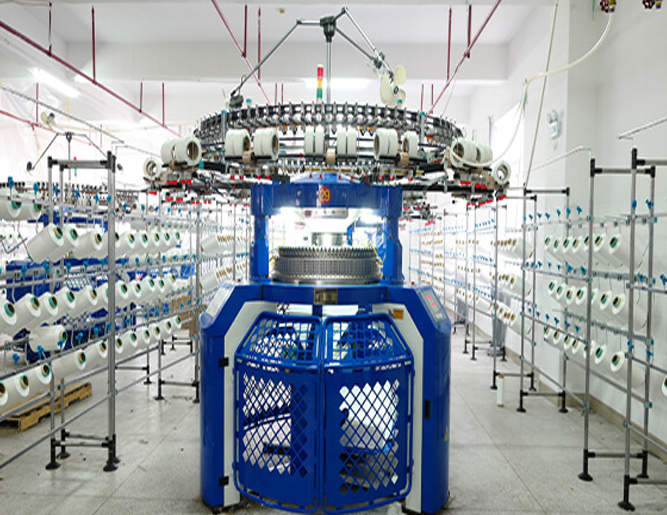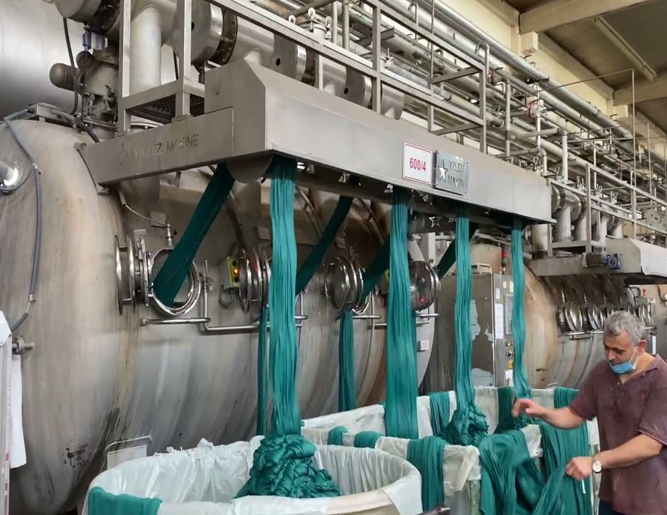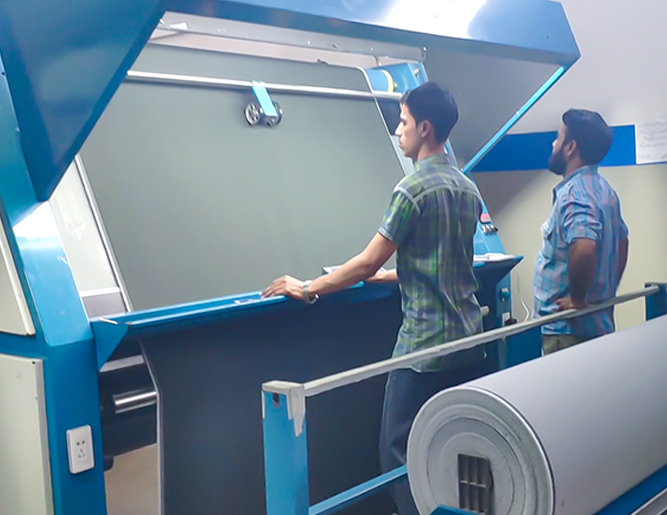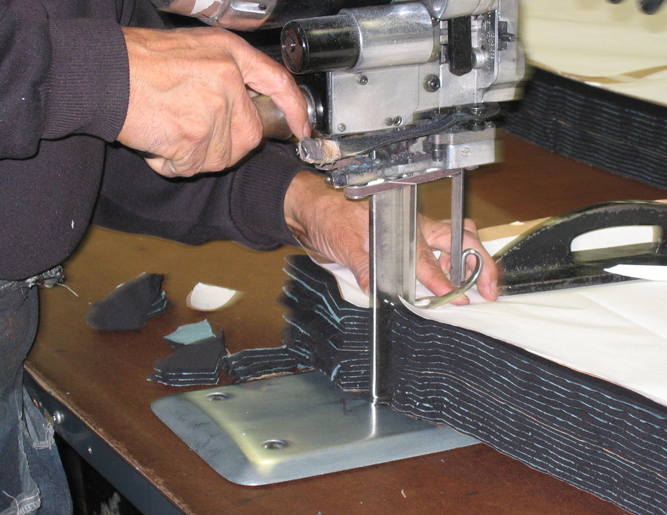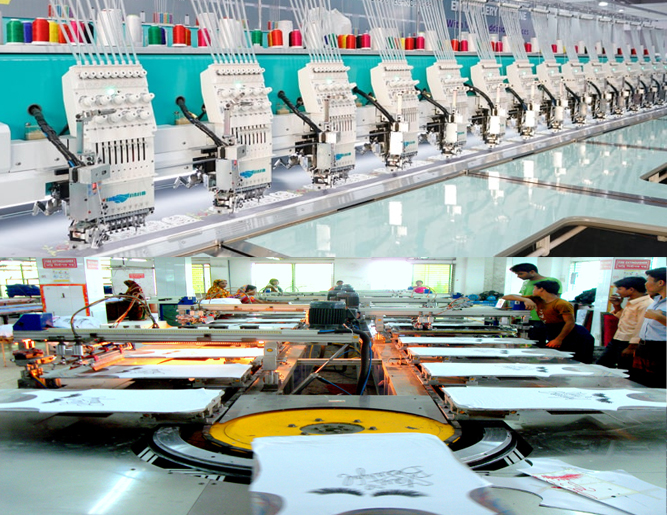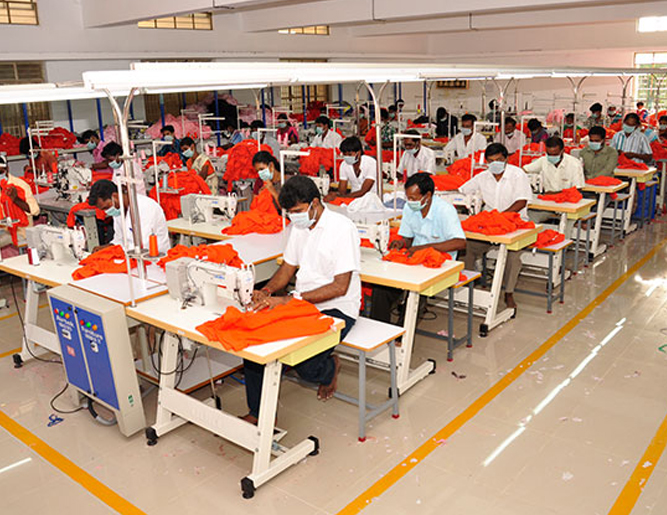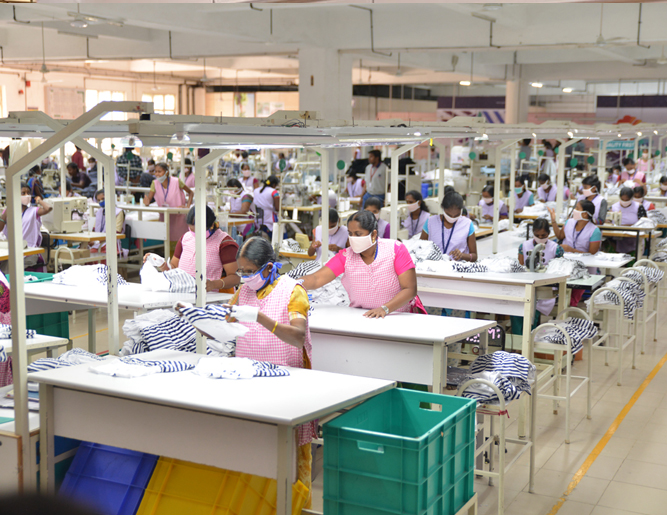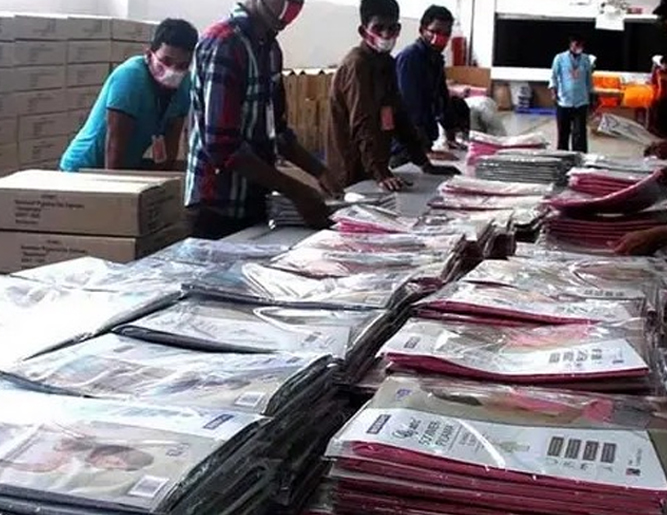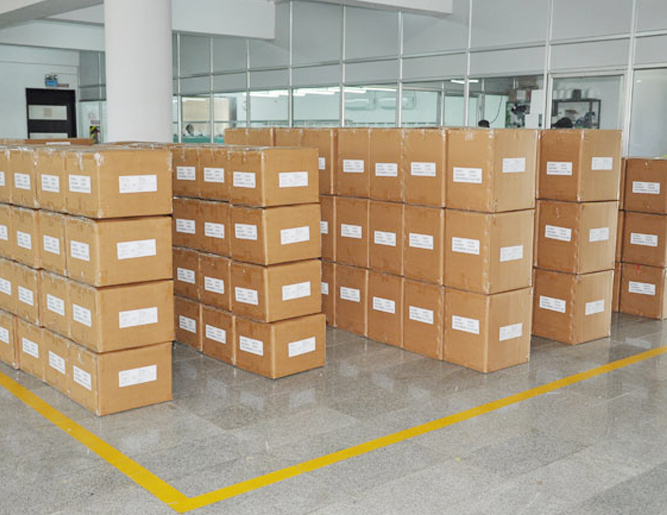DzireTrends
Garment Manufacturing Process
At DzireTrends, we follow a structured, quality-driven garment manufacturing process designed to meet international standards. Every stage is handled with precision to ensure the final product is of the highest quality—delivered on time and with total consistency.
1. Product Design & Development
Our team works closely with clients to understand design ideas, tech packs, fabric preferences, trims, and styling details.
Activities:
• Tech Pack Review
• Pattern Making
• Sample Development
• Fit & Style Approval
Activities:
• Tech Pack Review
• Pattern Making
• Sample Development
• Fit & Style Approval
2. Fabric Sourcing / Knitting
Depending on client requirements, we either source fabrics from certified mills or knit in-house using high-quality yarns.
Fabrics Used:
• Cotton / Organic Cotton
• Polyester / Blends
• Viscose / Modal / Bamboo
• Recycled Fabrics
Fabrics Used:
• Cotton / Organic Cotton
• Polyester / Blends
• Viscose / Modal / Bamboo
• Recycled Fabrics
3. Dyeing & Processing
The raw fabric is dyed using eco-friendly methods. We partner with certified dyeing units (ZLD compliant) to ensure color fastness, softness, and sustainability.
Processes:
• Soft Flow / Reactive Dyeing
• Bio-Wash / Enzyme Wash
• Azo-Free Dyes
• Shrinkage Control & Finishing
Processes:
• Soft Flow / Reactive Dyeing
• Bio-Wash / Enzyme Wash
• Azo-Free Dyes
• Shrinkage Control & Finishing
4. Fabric Inspection
Post-dyeing, fabrics are inspected under 4-point system standards to ensure quality before moving to cutting.
Highlight:
• Fabric GSM Verification
• Fabric Width Measurement
• Visual Defect Identification
• 4-Point System Evaluation
• Shrinkage & Skew Testing
Highlight:
• Fabric GSM Verification
• Fabric Width Measurement
• Visual Defect Identification
• 4-Point System Evaluation
• Shrinkage & Skew Testing
5. Cutting Section
Fabric is laid on cutting tables and sliced according to the approved patterns using manual or automatic cutting machines.
Steps:
• Fabric Layering
• Marker Making
• Cutting
• Bundling by Size & Color
Steps:
• Fabric Layering
• Marker Making
• Cutting
• Bundling by Size & Color
6. Printing & Embroidery
Based on design needs, garments undergo screen printing, sublimation, heat transfer, or embroidery processes.
Options:
• Rubber / Plastisol / Discharge Printing
• Digital / Sublimation Printing
• Computerized Embroidery
• Advance Machinery
Options:
• Rubber / Plastisol / Discharge Printing
• Digital / Sublimation Printing
• Computerized Embroidery
• Advance Machinery
7. Stitching / Sewing
Garments are stitched using industry-grade machines by skilled operators following a production line model.
Machinery Used:
• Overlock
• Flatlock
• Single Needle
• Buttonhole & Buttoning
Quality Checks: In-line QC at every. stage
Machinery Used:
• Overlock
• Flatlock
• Single Needle
• Buttonhole & Buttoning
Quality Checks: In-line QC at every. stage
8. Quality Checking (Post-Stitching)
AQL (Acceptable Quality Level) standards are followed during thorough inspection.
Checks Include:
• Measurements
• Stitching Consistency
• Print / Embroidery Accuracy
• Labeling & Tagging
Checks Include:
• Measurements
• Stitching Consistency
• Print / Embroidery Accuracy
• Labeling & Tagging
9. Finishing
Final touches are added to ensure garments look and feel perfect.
Activities:
• Thread Trimming
• Ironing / Steaming
• Tagging & Folding
• Packing in Polybags and Custom Packs
Activities:
• Thread Trimming
• Ironing / Steaming
• Tagging & Folding
• Packing in Polybags and Custom Packs
10. Final Packing & Dispatch
Finished garments are packed as per buyer specifications (single/multi-packs, ratio sets, barcoding) and sent to the dispatch unit.
Logistics Support:
• Documentation (Invoice, Packing List, etc.)
• Freight Coordination
• Container Loading
Logistics Support:
• Documentation (Invoice, Packing List, etc.)
• Freight Coordination
• Container Loading


